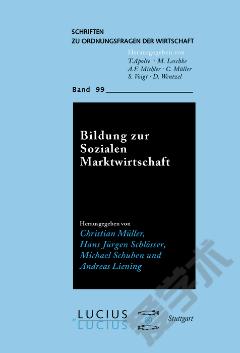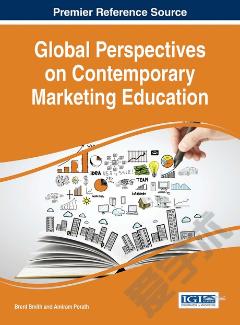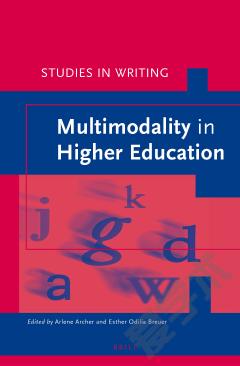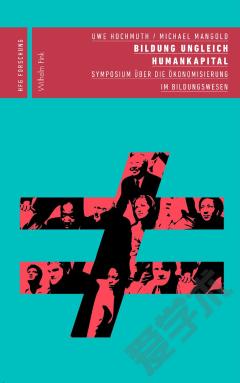Pluralist Publics in Market Driven Education
Pluralist Publics in Market Driven Education opens a conversation on the nature of the public in education systems weadriven educational reforobserves the characteristic of publicness within contemporary education settings, a characteristic defined by toosphere and democratic education theory. Boyask's investigations of publicness in educational sites are founded in conceptualising public education as pluralist, unbounded and conditional. These concepts of the public are important for ongoing and future debate on public education.The settings Boyask examines are different in structure, function and location yet each demonstrates the push and pull between market relations (including competition, efficiency and productivity) and the desire for social equality and democracy in education. Examples of educational settings are drawn broadly from an Anglo-American imaginary that has taken hold in educational systems transnationally, with detailed observation from three research studies of education policy enactment in England. The research studies (including research on curriculum reform in a private democratic school, privatisation of regional educational services and governance in English private schools) provide contexts for examining public accountability, public service and the public good to a reconceptualised public education. Boyask's argument is that by opening a conversation about the nature of the public within these sites we bring them into the spheres of a pluralist public educatioopen to public scrutiny and through their debate arise new ideas for challenging market-driven restrictions to contemporary public educatiois Senior Lecturer at Auckland University of Technology, New Zealand, where she does research and teaches on postgraduate programmes in education. Previously, she was Lecturer in Education Studies at the University of Plymouth, UK, and remains a member of Council for the British Educational Research Association.
{{comment.content}}








 京公网安备 11010802027623号
京公网安备 11010802027623号